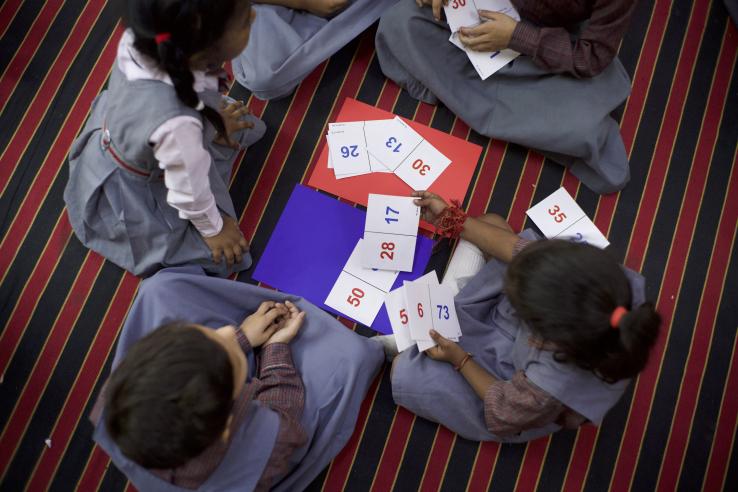Displaying 3001 - 3015 of 8336
Blog
The world is facing an urgent foundational literacy and numeracy (FLN) crisis, worsened by Covid. As organizations and governments around the world mobilize to address this crisis, J-PAL South Asia has been working since 2020 to scale Every Child Counts, a unique curriculum that builds on fifty...
Person
Person
Person
Person
Person
Person
Person
Esther Chang is a Senior Associate to the ED where she is responsible for supporting the Executive Director’s office providing administrative, meeting and information management support.
Person
Person
Person
Person
Person
Person
Person
